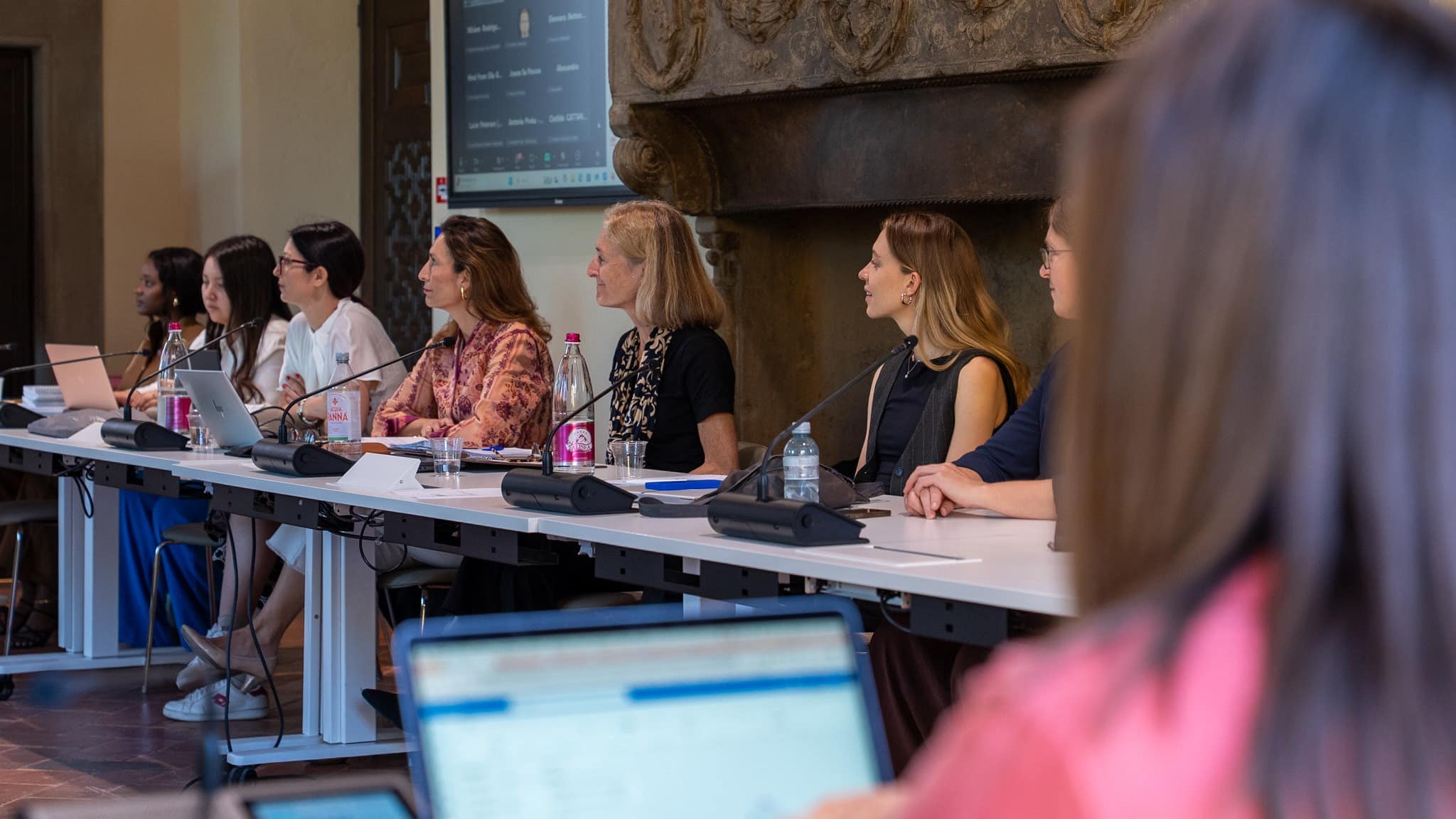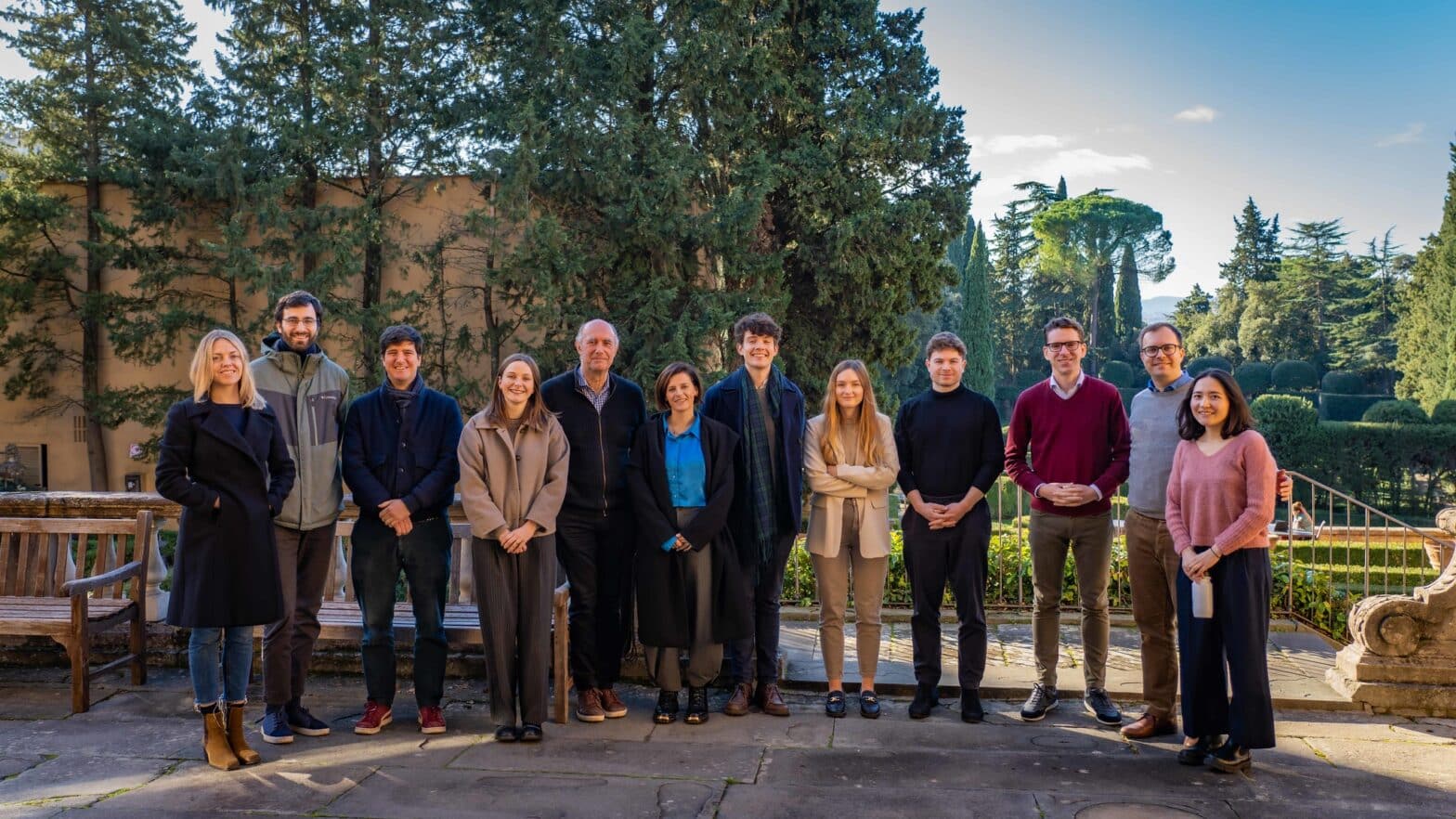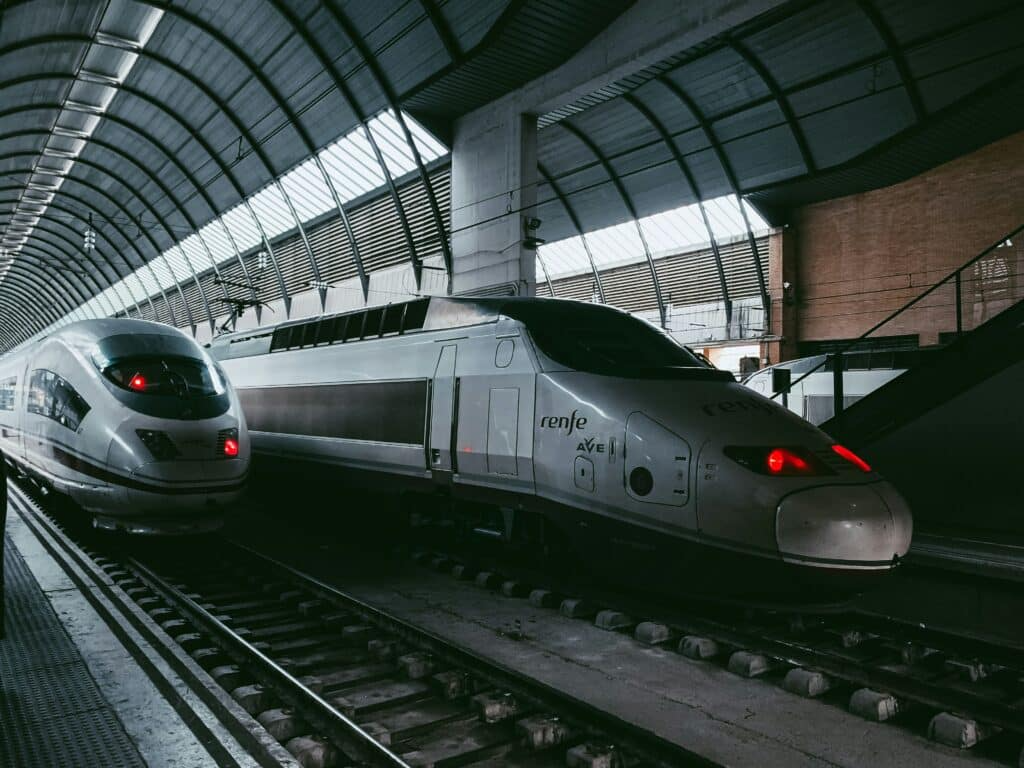What should be in the Commission’s legislative proposal(s) on Hydrogen

The development of the EU’s future low and zero-carbon hydrogen market is moving ahead quickly; the need for a robust hydrogen regulation proposal is evident.
This online debate seeks to discuss which proposals should be included in the draft legislation that the Commission will table, for example on guarantees of origin, support schemes, and network regulation. The EU has rich experience in the regulation of gas sector. Which of these experiences are relevant to hydrogen regulation? What particularities apply to hydrogen? How to provide for fast and sustainable clean hydrogen demand and supply growth?
The drafting of legislative proposals for hydrogen is far from simple, but they are crucially important. Failure to get them right may limit the speed and scale of the market development and unnecessary costs on citizens and industry. Success could place the EU as technological leader of what promises to be a huge future global market.
The FSR debate will focus on the main challenges in this task.
The debate will be introduced and moderated by Prof. Christopher Jones and Prof. Andris Piebalgs.
Discussants:
J. Chatzimarkakis, Hydrogen Europe;
I. Conti, Head of FSR Gas.
J. Hansen, Fertilizers Europe;
J. Ingwersen, ENTSOG;
B. Nitzov, ACER
Background
The Agreement on the European Climate Law establishes the foundations for the Commission’s ‘Fit for 55’ proposals that will set out the concrete steps to put the EU on a path to carbon neutrality by 2050. Already in June, the Commission will table the revision of the RED II Directive; the first step in establishing Europe’s future Hydrogen Regulation. This will be completed in October with the proposed revision of the Gas Directive.
The European Commission has already published its Hydrogen Strategy in July 2020, establishing the objective of decarbonising existing ‘grey’ hydrogen demand, and progressively providing a low and zero-carbon energy source/vector to decarbonise a number of hard to electrify sectors that are currently using fossil fuels. The Council and Parliament have supported the broad lines of the Commission’s Strategy. Also in 2020, the European Clean Hydrogen Alliance was established, aimed at supporting the ambitious deployment of clean hydrogen technologies by 2030. On April 12th, the Commission launched an invitation to the members of Alliance to submit projects for renewable and low-carbon hydrogen technologies and solutions, which will give an indication of the scale and speed of projects under preparation.
Learn more
- A proposal for a regulatory framework for hydrogen guarantees of origin by Andris Piebalgs,Christopher Jones
- FSR Cost-effective decarbonisation study
- A snapshot of clean hydrogen costs in 2030 and 2050
#FSRDebates
The focus of this debate series is on timely policy issues discussed by a panel of experts.
Don’t miss any update on our events
Sign up for free and access the latest events from our community.















